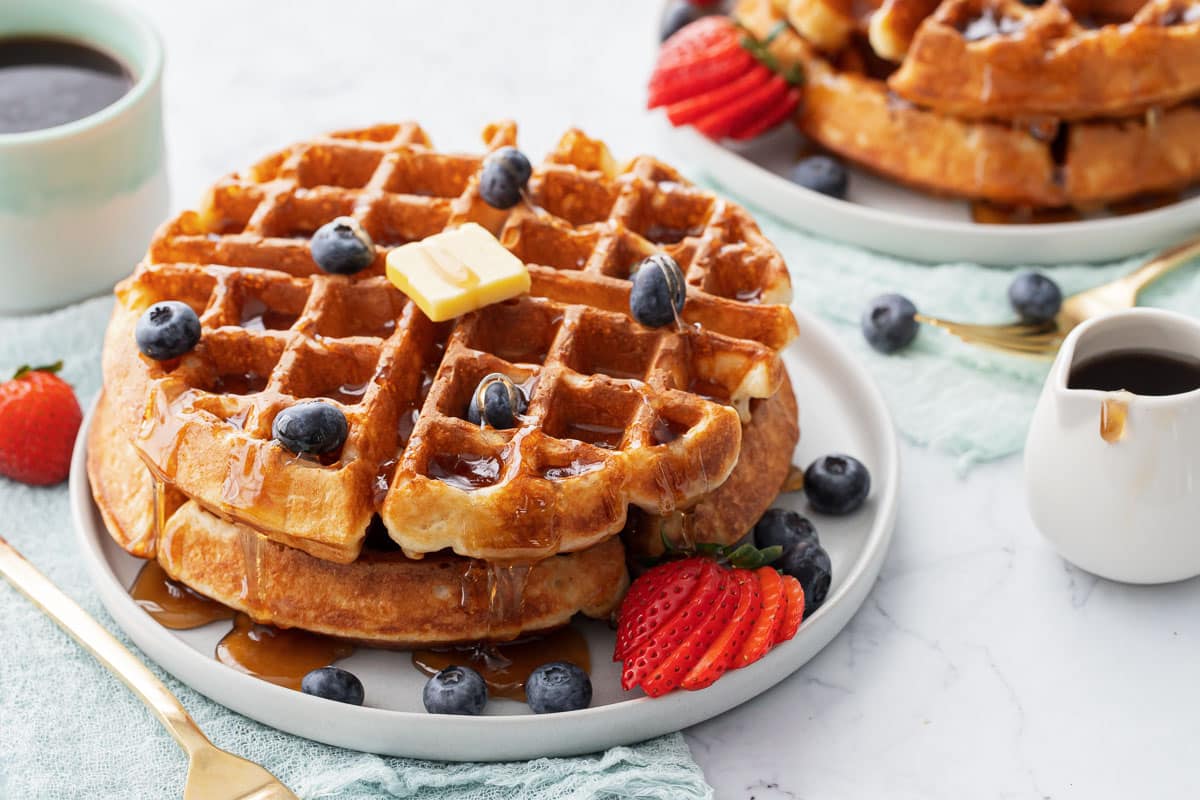Performative or pragmatic? Why Boeing planes feature so much in Trump trade deals
Since Trump announced tariffs in April, a pattern has emerged: Countries that strike trade deals with the U.S. often announce large orders for Boeing jets.

President Donald Trump speaks at the debut of the Boeing South Carolina Boeing 787-10 Dreamliner in North Charleston, South Carolina, U.S., February 17, 2017.
Kevin Lamarque | Reuters
U.S. President Donald Trump has upended the traditional global trading environment, in some cases even undermining free trade agreements with partners in favor of bilateral deals that appear to be light on details but heavy on symbolism.
One recurring symbol: Boeing aircraft.
Since Trump announced tariffs in April, a pattern has emerged. Countries that strike trade deals with the U.S. often announce large orders for Boeing jets.
For example, during South Korean President Lee Jae Myung's visit to Washington, Korean Air announced an order for 103 Boeing aircraft valued at $36.2 billion. That order, combined with another $13.7 billion deal with GE Aerospace is reportedly the largest deal in the airline's history.
As part of its deal, Japan also placed an order for 100 Boeing jets, although the value of the order was not disclosed. Even smaller economies such as Malaysia, Indonesia, and Cambodia have included Boeing purchases in their trade agreements.
Even the UK placed a $10 billion order for Boeing aircraft as part of its trade deal with the U.S. in May, according to Treasury Secretary Howard Lutnick. Days later, British Airways' parent IAG announced an order for 32 Boeing jets on May 9, totaling $12.7 billion.
Why aircraft — and why Boeing?
Why is Boeing such a fixture in Trump's deals? The first reason: it looks good for the president.
John Grant, founder of aviation consultancy Midas Aviation told CNBC that "[the] simple answer is that planes are high profile and Trump always wants profile."
"Aircraft are very visible statements of trade and have a high value, making them particularly attractive in such agreements between countries," he added.
Wendy Cutler, Vice President at the Asia Society Policy Institute, noted that these high-value deals allow countries to demonstrate their commitment to reducing bilateral trade surpluses with the U.S — the reason Trump gave to invoke emergency powers for imposing tariffs.
Aircraft orders also come with several other advantages. Unlike commodities such as steel or rice, planes are less likely to ruffle any feathers when it comes to domestic industries.
"Imports of these airplanes are not politically difficult for most trading partners of the U.S., unlike metals or agricultural imports," said Homin Lee, senior macro strategist at Lombard Odier.
Japan, for example, has long protected its rice industry, while South Korea is a major steel exporter to the U.S. — making reciprocal purchases of American steel impractical. Seoul was the fourth-largest exporter of steel to the U.S. in 2024, according to the International Trade Administration under the U.S. Commerce Department.
Moreover, aircraft orders typically span years. Boeing's production backlog stands at 11.5 years, according to market research firm Forecast International, while Airbus trails slightly at 10.6 years.
This long delivery window means that airlines from countries entering into deals with Trump can announce purchases without any immediate financial strain.
But its not all performative.
The international tourism industry is on an upswing, and U.S. made passenger aircraft are the ideal item to include in any trade deal with Trump, said Lombard Odier's Lee. "They're actually needed."
According to the International Air Transport Association, global airline net profits are projected to reach $36 billion in 2025, up from $32.4 billion in 2024, with profit margins rising to 3.7%. Total revenue is expected to hit a record $979 billion, up 1.3% from last year.
Beyond economics, Boeing carries symbolic weight. "It's an iconic American company," said Cutler. And with the aircraft manufacturing industry effectively a duopoly between Boeing and Airbus, options are limited.
Boeing figures in Trump's deals despite safety scandals including a door panel blowout on an Alaska Airlines flight in 2024.
Whistleblower allegations and production quality concerns have dogged the company, but Grant noted that Boeing has introduced improvements that airlines are beginning to see firsthand.
A Reuters report in August revealed that airline bosses have expressed more confidence in Boeing's ability to deliver jets at the "right quality."
CNBC did not immediately receive a reply from the Office of the U.S. Trade Representative for comments.

 BigThink
BigThink 



























